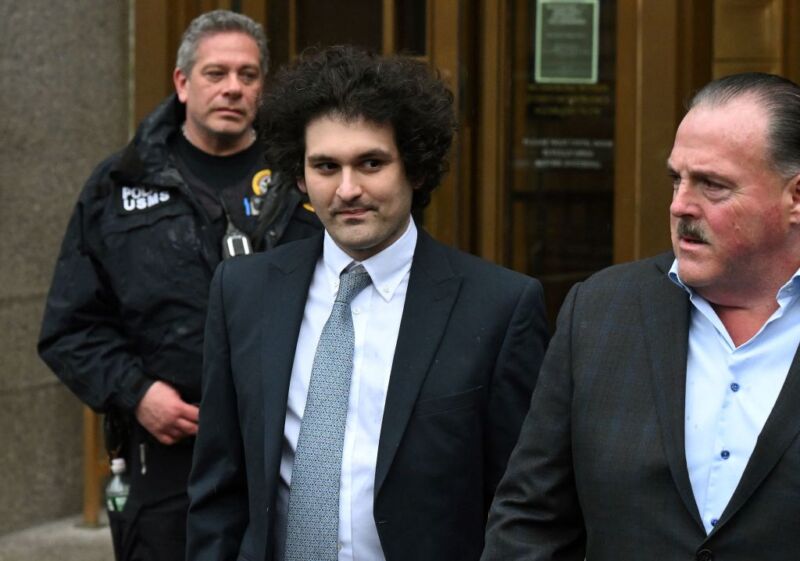
After FTX co-founder Sam Bankman-Fried was convicted of seven charges related to wire fraud and money laundering in 2023, the US recently decided not to proceed with a second trial over additional charges in 2024.
During the second trial, Bankman-Fried could have been convicted on additional charges of conspiracy to bribe foreign officials, conspiracy to commit bank fraud, conspiracy to operate an unlicensed money-transmitting business, and substantive securities fraud and commodities fraud.
However, in a letter to Judge Lewis Kaplan, US attorney Damian Williams wrote that the “strong public interest” in a prompt resolution of the FTX scandal outweighed the benefits of holding a second trial—especially since “much of the evidence that would be offered in a second trial was already offered in the first trial.”
That evidence included witness testimony and documentary evidence that Bankman-Fried engaged in conspiracies to bribe Chinese officials and to induce a US bank to open an account for his fraudulent schemes, Williams said. It also included evidence of conspiracy to make unlawful campaign contributions.
The US government’s indictment said that Bankman-Fried “misappropriated and embezzled FTX customer deposits and used billions of dollars in stolen funds… to enrich himself; to support the operations of FTX; to fund speculative venture investments; to help fund over a hundred million dollars in campaign contributions to Democrats and Republicans to seek to influence cryptocurrency regulation; and to pay for Alameda’s operating costs.” He was also accused of building a “pyramid of deceit” by making “false and fraudulent statements and representations to FTX’s investors” and lenders to FTX’s cryptocurrency trading firm, Alameda Research.
After losing the first trial, Bankman-Fried is expected to appeal the ruling but is now facing a maximum sentence of 110 years, which will be decided this March. At Bankman-Fried’s upcoming sentencing hearing, Williams suggested that Kaplan could weigh evidence of all relevant conduct, including evidence connected to the additional charges.
By dropping plans to proceed with a separate trial, the US government appears to be eliminating some red tape, causing unnecessary delays in providing restitution to victims of the FTX fraud.
In December 2022, Bankman-Fried was living in The Bahamas when the US sought his extradition to pursue charges. At that time, however, the Bahamas had only approved extradition of Bankman-Fried for the initial seven charges. The second trial was seemingly indefinitely delayed after the Bahamas failed to respond to a US request to waive a rule stopping the government from pursuing additional charges.
Williams wrote that because “the government does not have a timeline for when The Bahamas may respond to its request” and “a second trial would not affect” the US sentencing guidelines range for Bankman-Fried, the US decided the second trial wasn’t worth delaying “orders of forfeiture and restitution for the victims of” Bankman-Fried’s crimes.
Part of the US’s decision to drop the additional charges may have also been in response to Bankman-Fried’s efforts to delay sentencing in the trial until the second trial concluded.
In December, Bankman-Fried’s lawyers tried to push back the sentencing hearing, arguing that “for fairness and efficiency, the Court should consider the relevant conduct all at once in a single sentencing hearing.” Bankman-Fried’s lawyers had hoped to delay sentencing until May 2024, but as of this writing, his sentencing remains scheduled for March 28.
According to Reuters, prosecutors had accused Bankman-Fried of “looting $8 billion from FTX customers out of sheer greed.” In his defense, Bankman-Fried has argued that he made mistakes managing FTX but always acted in good faith. His attorney, Mark Cohen, said at trial that “poor risk management is not a crime… bad business judgments are not a crime,” Reuters reported.
Before the trial started, Kaplan had warned Bankman-Fried’s lawyers that any convictions could result in “a very long sentence.”
https://arstechnica.com/?p=1993195

